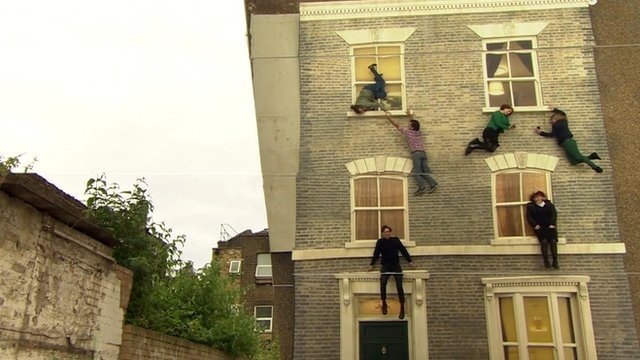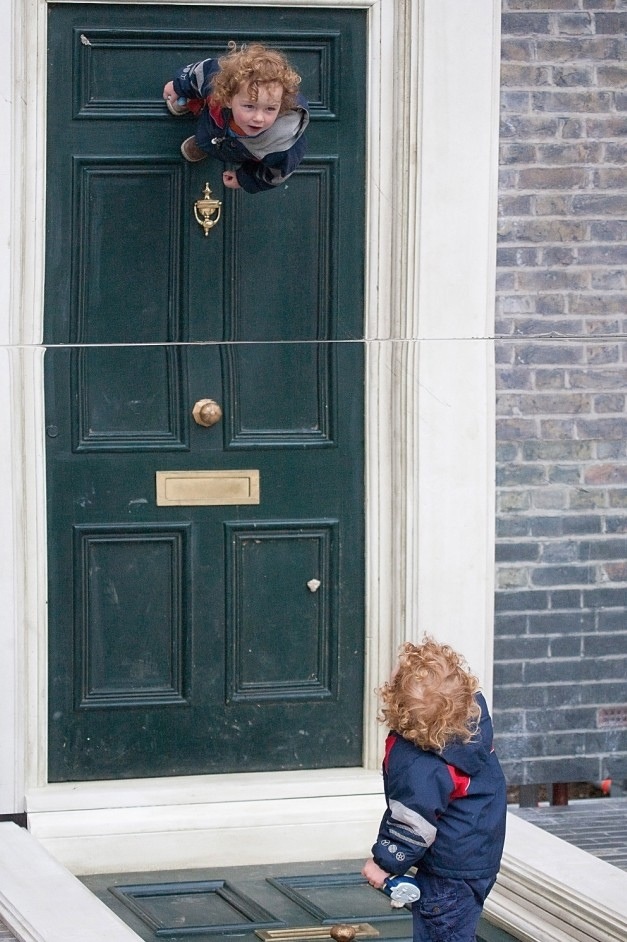No, not that word.
The ‘F’ word I’m talking about is the word fail. I hate it.
Well that’s not completely true, I don’t hate the word fail. It can be quite a useful word.
What I hate is its current constant use to describe a mistake. And especially its constant use by children to describe their mistakes.
I first noticed it during one of my science shows where, being quite tired after a long three-hour drive, I dropped during my first attempt to juggle 6-balls. I heard a little whisper from within my audience of 7 to 11-year-olds of “ooo, fail”.
Fail?
I dropped a ball.
I’d made a mistake.
But I hadn’t failed.
I can juggle 6-balls. Hell, I can juggle 7!
I proceded to pick up the stray sphere and tried again, where I succeeded to juggle all six for about 18 throws and catches, a pretty good run I thought.
The rest of the show was mistake free and the kids loved it, as did the teachers. But that little whisper bothered me.
Later that day I ran a series of short juggling workshops where I teach juggling using chiffon scarves. They move a lot slower than other juggling props like clubs, rings or even balls and this in turn makes the whole learning process a little bit easier. During these workshops, of which there were five or six running for approximately 20-minutes in length each, I heard the word again. But this time not to describe something I’d done but to describe a missed catch by one of the kids themselves.
How is that a fail?
For most, if not all the children I saw that day, the juggling workshop was the first time they’d ever tried to juggle anything. I was the only person in that school who had arrived that morning already knowing how to manipulate three objects in a cascade pattern. So how can a child fail at something they don’t even know how to do yet?
More importantly, why did they feel they had to get it right immediately and if they didn’t get it right why was it seen as a fail?
What makes this worse is that this happened over 12-months ago and since then the use of the word fail has become increasingly more popular. Children as young as five are using it to describe a mistake.
FIVE!
WHAT!!!
Nobody knows anything at the age of five. Its only been three years since they learnt how to walk and communicate using language.
There are five-year-olds that haven’t figured out how to string full sentences together yet and nearly all of them have accidents when it comes to remembering to use the toilet.
Based on this need to get things right first time or else, if a kid wets themselves do we turn to them, point and say: “Oh, you failed kid. Might as well just give up now.”?
No we don’t. We don’t because it was an accident, a mistake, and they’re still learning.
It feels like these kids are putting themselves under a lot of pressure to succeed immediately. That they have to be good at something straight away otherwise they are failures.
But the thing is the majority of people haven’t a clue what they’re good at by the time they’re 21 let alone know what they’re good at by the time they are 11 or younger. As I write this I’m 32-years-old and its only just now that I’ve discovered my passion lies in education. That what I’m good at is inspiring and encouraging children to learn things. I love doing it. But the path I took to discover that is long and varied. As are most other people’s CVs.
Look at your own resume, the journey you took to get to where you are now isn’t an organised linear path. Its organic. Learning, I believe, is exactly the same. It takes time and it takes a different amount of time for each of us. Some kids learn to talk by the time they’re 2-years-old, but others take until they are 5 or sometimes longer. But, excluding any physical conditions, they learn how to do it and by the time they are ready to hit secondary school they’re communicating just as well as everyone else.
Those kids who didn’t learn to talk by the time they’re 2 or 3 haven’t failed though. They just haven’t learnt how to get it right by the time they are 2 or 3.
So why does this bother me so much?
Well, being prepared to get things wrong and fail is the only way we are able to learn and be creative. In fact I believe getting things wrong and making mistakes is the root of all creativity. If we’re unable to take risks and accept the simple fact that we are going to make mistakes then we are setting ourselves up for a life of zero creativity and ironically a life of true failure.
Failure to reach our full potential.
Do we honestly believe the great inventors, innovators and entrepreneurs of our time got it right first time? Of course they didn’t. They tried something and that something didn’t work so they made a few tweaks and tried it again. And they continued to do this until eventually they found they were able to get it right.
The only way James Dyson could have failed to invent the bag-less vacuum cleaner is if he’d given up trying to invent the bag-less vacuum cleaner. But he didn’t give up, he kept trying until he got it right and now the majority of us no longer have to deal with overfilled vacuum bags, which is quite simply brilliant.
But it seems our children believe this to not be the case. If you listen to their conversations and to the words they are choosing to use it seems they believe they have to get things right first time, and if they don’t they have failed.
What’s worse is this is breeding a generation of children who are scared to even try something even once. They look at a task, believe it to be too difficult and so don’t even attempt it through fear of being labeled a failure.


